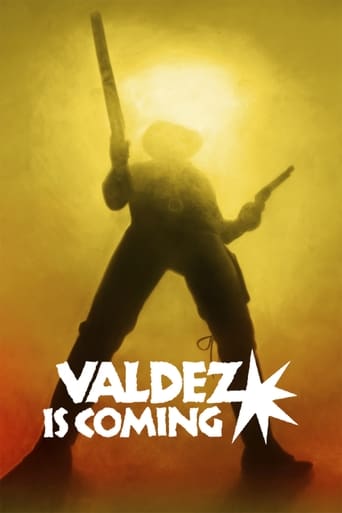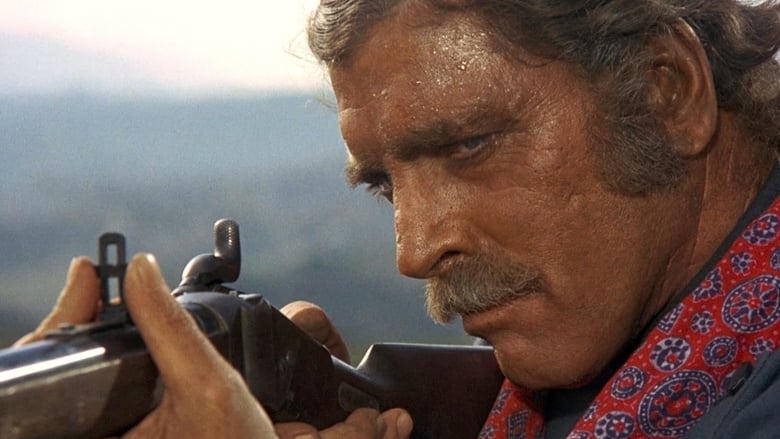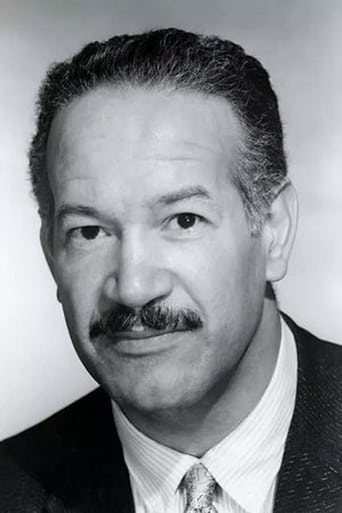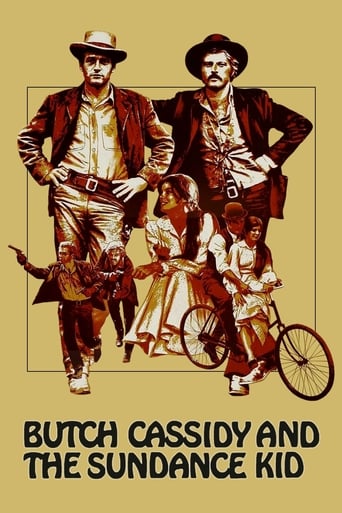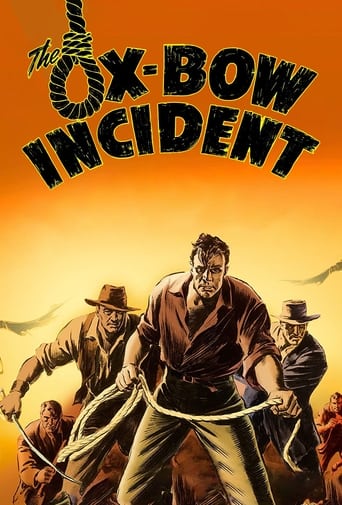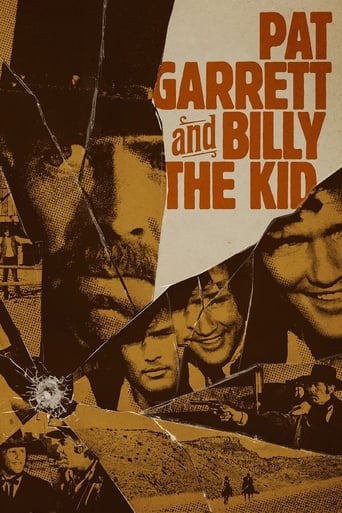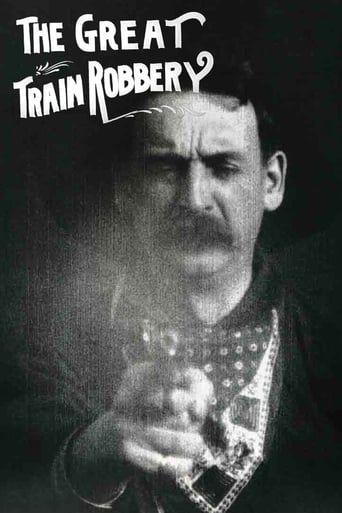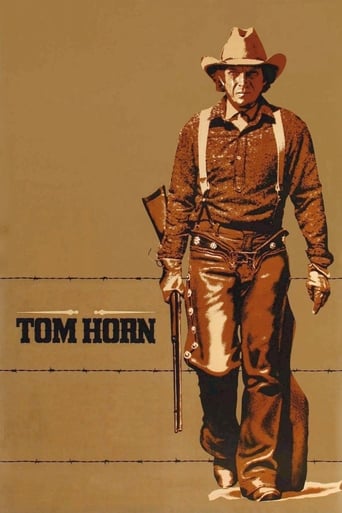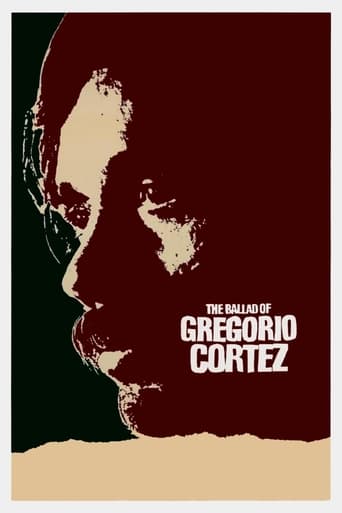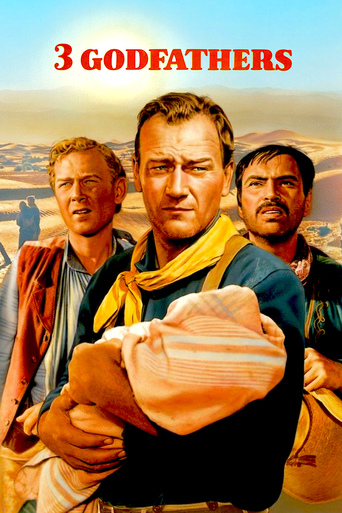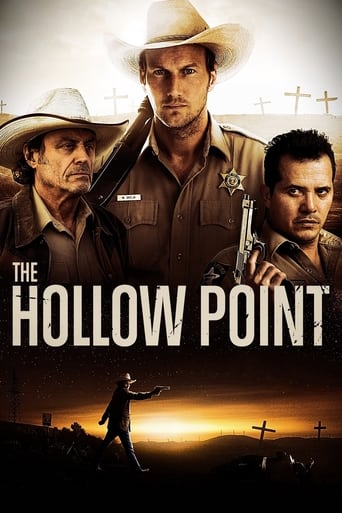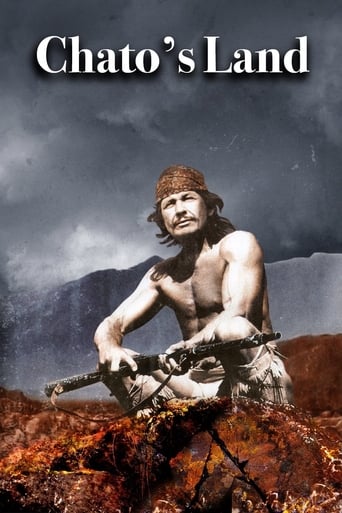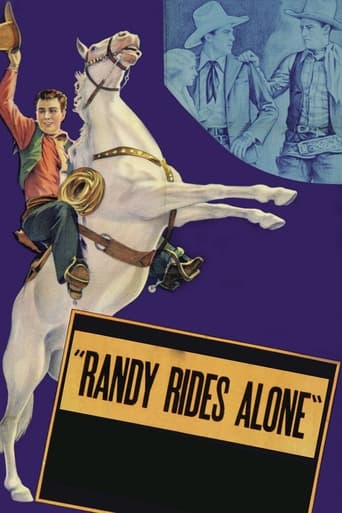Valdez Is Coming (1971)
Old Mexican-American sheriff Bob Valdez has always been a haven of sanity in a land of madmen when it came to defending law and order. But the weapon smuggler Frank Tanner is greedy and impulsive. When Tanner provokes a shooting that causes the death of an innocent man and Valdez asks him to financially compensate the widow, Tanner refuses to do so and severely humiliates Valdez, who will do justice and avenge his honor, no matter what it takes.
Watch Trailer
Cast


Similar titles
Reviews
Simply Perfect
Nice effects though.
hyped garbage
This is a tender, generous movie that likes its characters and presents them as real people, full of flaws and strengths.
Burt Lancaster is terrific in this well directed movie.Even with his pale blue eyes, he comes across as a believable character of the results a mixed relationship. Even though the storyline is typical of the era, wrong being righted against over powering odds, Lancaster pulls it off in believable fashion. The movie gets better and better as I age into an old man. With all the computer generated garbage being put in theaters today, it's good to be able to turn on the western channel and see some real acting again.
Mexican-American lawman Burt Lancaster is forced to kill a wrongfully accused black man, during a circus-like standoff. Attempting to collect a hundred dollars compensation for the man's pregnant Apache wife, he's beaten and nearly killed, before suiting up to take the money from the bigwig responsible, one way or another.Based on a novel by Elmore Leonard, this explores familiar Leonard themes of stubbornness and racial/ethnic strife in the west (see also Hombre, Joe Kidd, and Mr. Majestyk, among others.), while also keeping up with Lancaster's pursuit of roles that reflected his views on social justice.As far as the actual movie goes, the first half is fairly unpleasant, though it really hammers home the unrelenting nastiness of the villains. The second half is more action-filled and satisfying, as we cheer on Lancaster's cat-and-mouse games with a virtual army of goons, though I think it's hurt by fact that the credits begin to roll before the ending is completely resolved!If you enjoy this, don't miss Lancaster in Lawman, a very similar film made in Spain at the same time.
God knows what made the Broadway actor/director Edwin Sherin shoot this modest revenge western which I enjoyed immensely as a boy, next to George Roy Hill's "Butch Cassidy and the Sundance Kid", Martin Ritt's "Hombre" and Sydney Pollack's "Jeremiah Johnson". All four have more things in common than solely the title heroes' sky-blue eyes ; I would like to mention only what impressed me most (and still does), i.e., the final shot belonging in the gallery of the most memorable ones in the history of western."Valdez Is Coming" is schematic and not very believable, but it has its strengths, too : for instance some fine laconic dialogue in the vein of "The Magnificent Seven", or mostly fine actors with Lancaster in the lead. (It may be a personal prejudice, but I always found the old circus artiste more convincing in roles like this one than in those in Visconti's frescoes.) I enjoyed especially Barton Heyman as charismatic El Segundo, despite the reservations of colleague R.J.Maxwell (which sound justified to me).Remarkable is the participation of the veteran Hungarian cinematographer Gábor Pogány ; his camera-work here is nothing like as spectacular as in, let's say, "Il Cristo proibito", yet there are moments when the viewer's eye rejoices, even given the mediocre non-anamorphic transfer of the MGM's PAL disc.
Like Martin Ritt's 'Hombre', made a few years earlier, this was adapted from an Elmore Leonard novel, and, like 'Hombre', it presents as its hero someone from an oppressed minority who is forced into a confrontation against heavy odds, due to the violent actions of some unscrupulous characters who hold him in racial contempt. Happening across a shooting party, Mexican lawman Bob Valdez is forced into a confrontation with an innocent army veteran, a black man accused by the rancher who's leading the party of a murder he didn't commit. Stricken with guilt at having killed the man, Valdez tries to get the rancher to give him $100 to compensate the dead man's Native American widow; however, he's met with contempt and physical violence, and the main part of the film sees him taking his revenge. (Although one should note that it's not straightforward revenge, as Valdez is acting as much to prove a point – to make the rancher accept his guilt and show some concern towards the oppressed – as he is to avenge a personal slight or injury.) Less downbeat and more unbelievable in its development than 'Hombre', this is nonetheless a film I wanted to like, and one which certainly has something to lift it above your average western. It's not a 'message' picture, as was the vogue at the time ('Little Big Man', 'Solider Blue' et al); rather, its revisionism is gentle and easy to miss, often just a seemingly throw-away line (asked when he hunted Apache, the titular hero replies "before I know better"). The fact that Valdez is a Mexican also runs counter to the usual western clichés of those 'over the border' being either caricatured bandidos (Calvera from 'The Magnificent Seven' and General Mapache from 'The Wild Bunch') or poor, oppressed farmers, essentially innocent but often incapable of defending themselves without the help of white mercenaries (again, we can turn to 'The Magnificent Seven' and 'The Wild Bunch' for examples). Indeed, an exchange between Valdez and his old friend Diego, where Valdez impersonates the rancher who will prove the villain of the piece, nicely captures the mix of scorn and idealisation which characterises the white man's view of the Mexican: "well, you're a good greaser, Diego. As long as you're a good greaser, I treat you fair and square – yes sirree, Diego, you people sure know how to live: singing, dancing, screwing – you don't worry about nothing." It's one of the best moments of the film, in part because it's so understated, yet underlain with a certain dramatic tension: having begun wryly, ironically, Lancaster delivers the final line with what is almost a sigh; a shift to a new, quiet seriousness and determination which is signalled by the faint rattle of Morricone-esquire percussion on the soundtrack, and which sees him ride out on his horse for his near-fatal second encounter with the rancher.Given all this, it's unfortunate that the Mexican is played by a white man in make-up, although I'd accept that, back in the 70s, there were less bankable Latin stars of the kind who crop up in Hollywood films today (one can imagine Benicio del Toro playing this role, for example). Not that Burt Lancaster's make-up is particularly bad; and, after all, the fact that he played the hero of Robert Aldrich's 'Apache' in similar 'brown-face' didn't prevent him from giving a very fine performance in a very fine film. His blue eyes do look a little out of place here though, and the henchman character, 'El Segundo', looks like a pantomime villain, with hair that sprouts in huge, wild tufts on either side of his head, and dollops of face-paint which make him look like Laurence Olivier's Othello. Indeed, several of the protagonists also look distinctly like 70s TV characters: I'm thinking primarily of the woman Valdez kidnaps, and her man, the villain of the piece.Particularly in the second half of the film, 'Valdez is Coming' threatens to become a rather tedious revenge/chase movie, though the plot is slightly more complex than this. Nonetheless, there is something rather pulpy about the way that Lancaster turns from put-upon minor lawman to brilliantly competent guerrilla fighter, shooting a man from a 1,000 yards, easily picking off the numerous armed riders sent after him, and sneaking into the heart of the enemy camp without anyone noticing. It's particularly noticeable partly because of the understated, resigned quality that characterises his performance in the initial stages of the film: moving slowly and speaking carefully, almost deferentially, Valdez is a character not exactly resigned to his lot (which is being treated with open or concealed contempt by his white neighbours) but understandably cautious about being too outspoken. From the moment he pulls his old army gear from under the bed and starts to growl, "Valdez is coming," he is suddenly athletic, hyper-alert, and a crack shot who never misses the target. Imposing such a cliché on what could have been a reasonably realistic look at life in the Old West means that the film fails to live up to its initial promise. The end result is a rather uneasy compromise between action-movie set-pieces and something more thoughtful and interesting. Still, it's worth an hour and a half of your time – even if that's for what it could have been more than for what it is.

